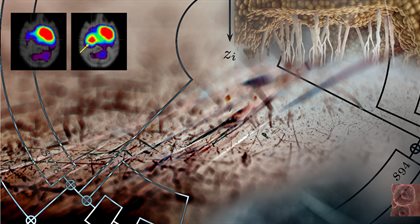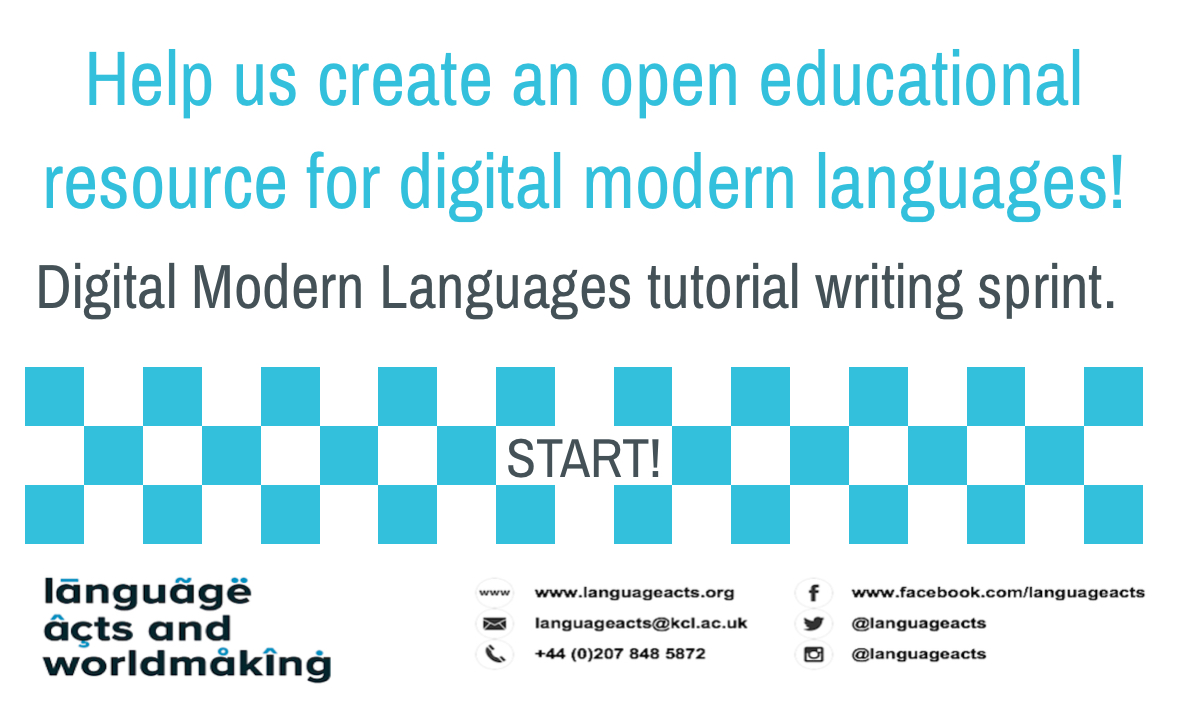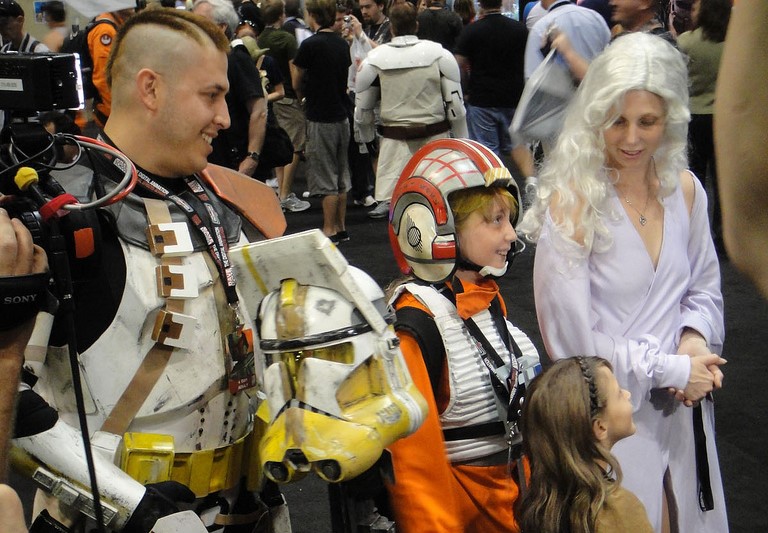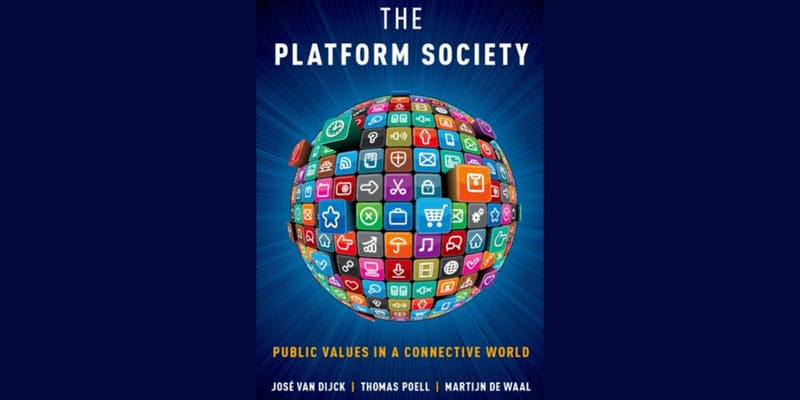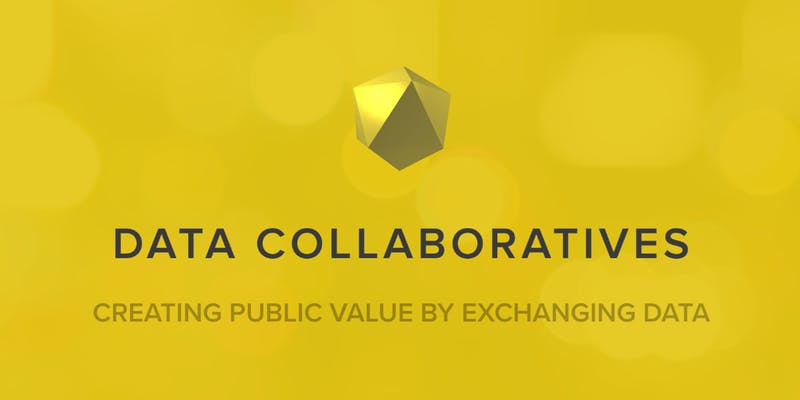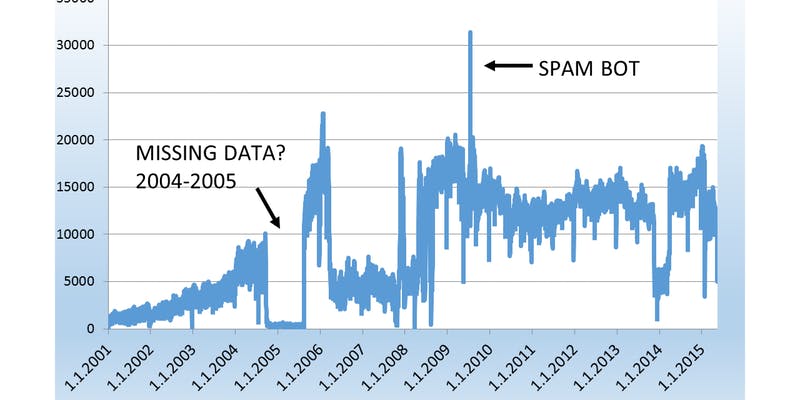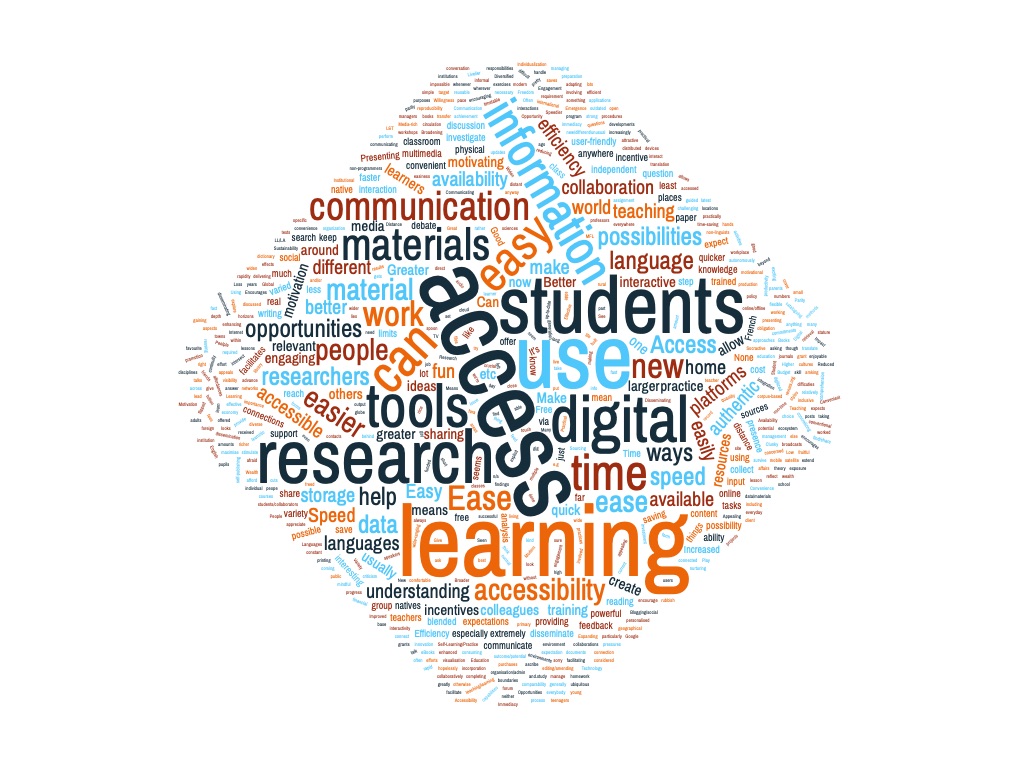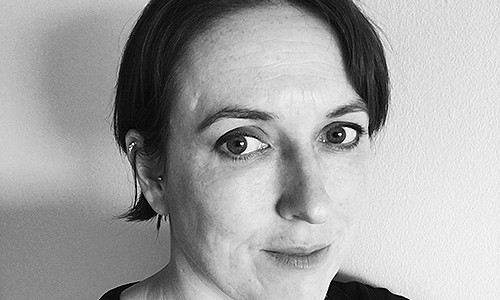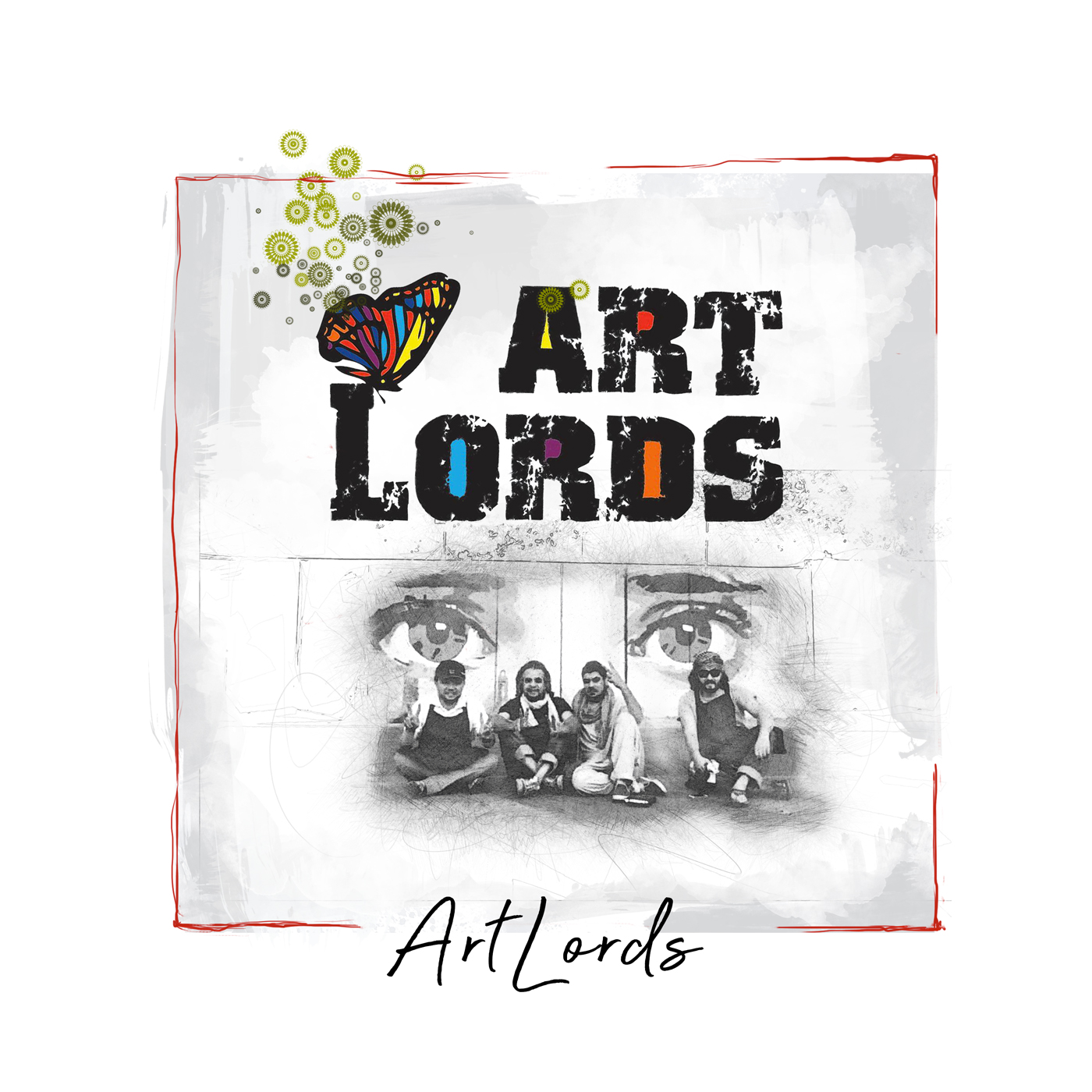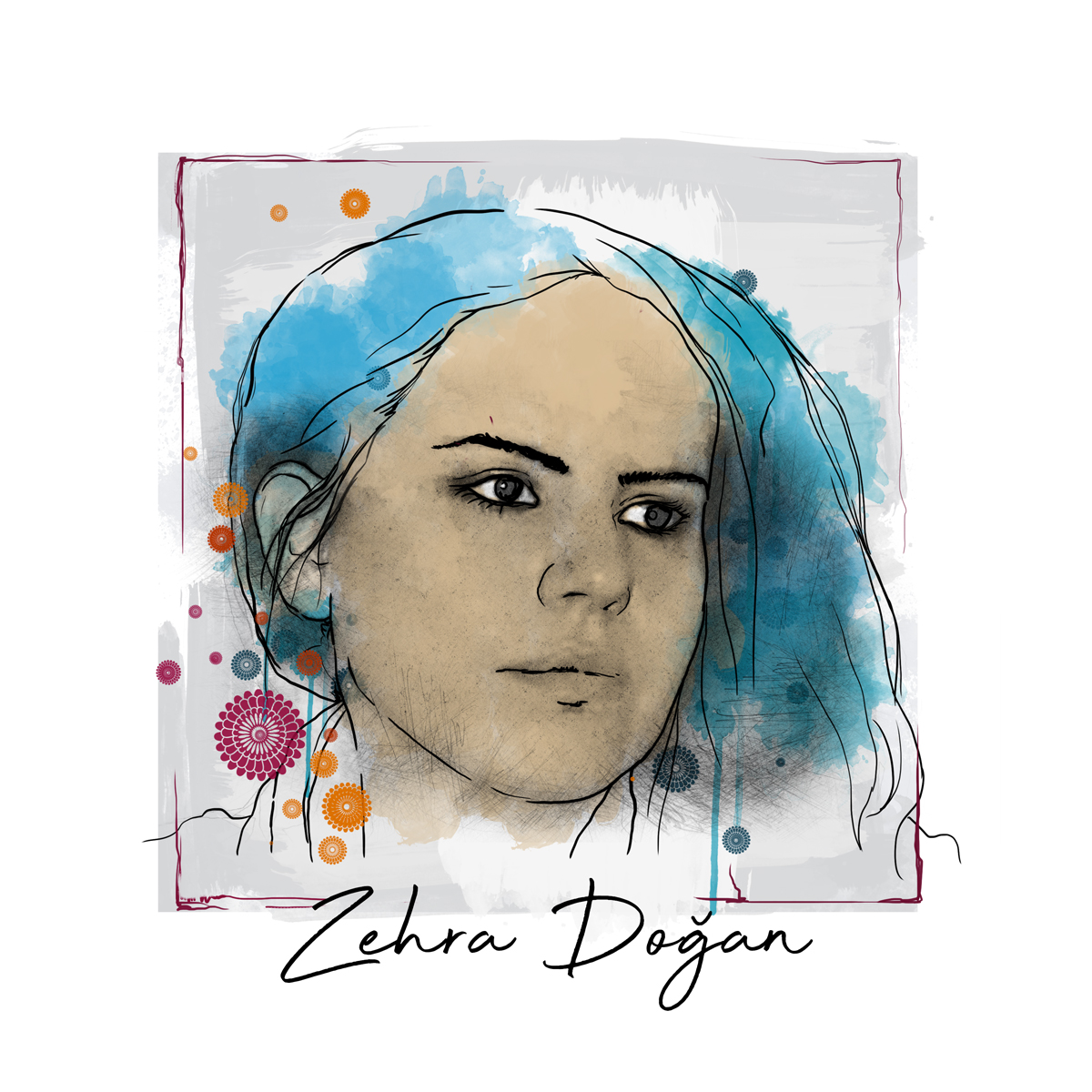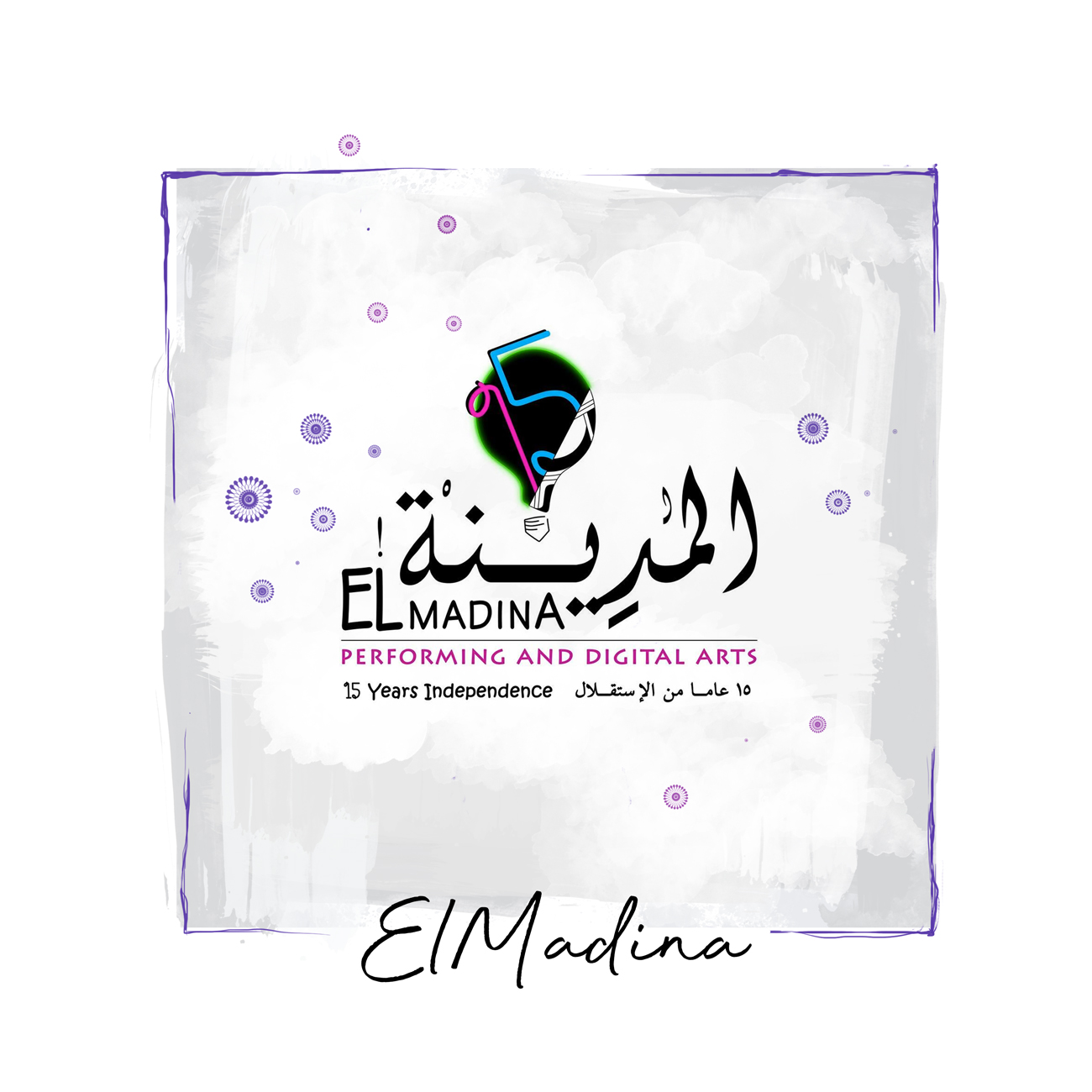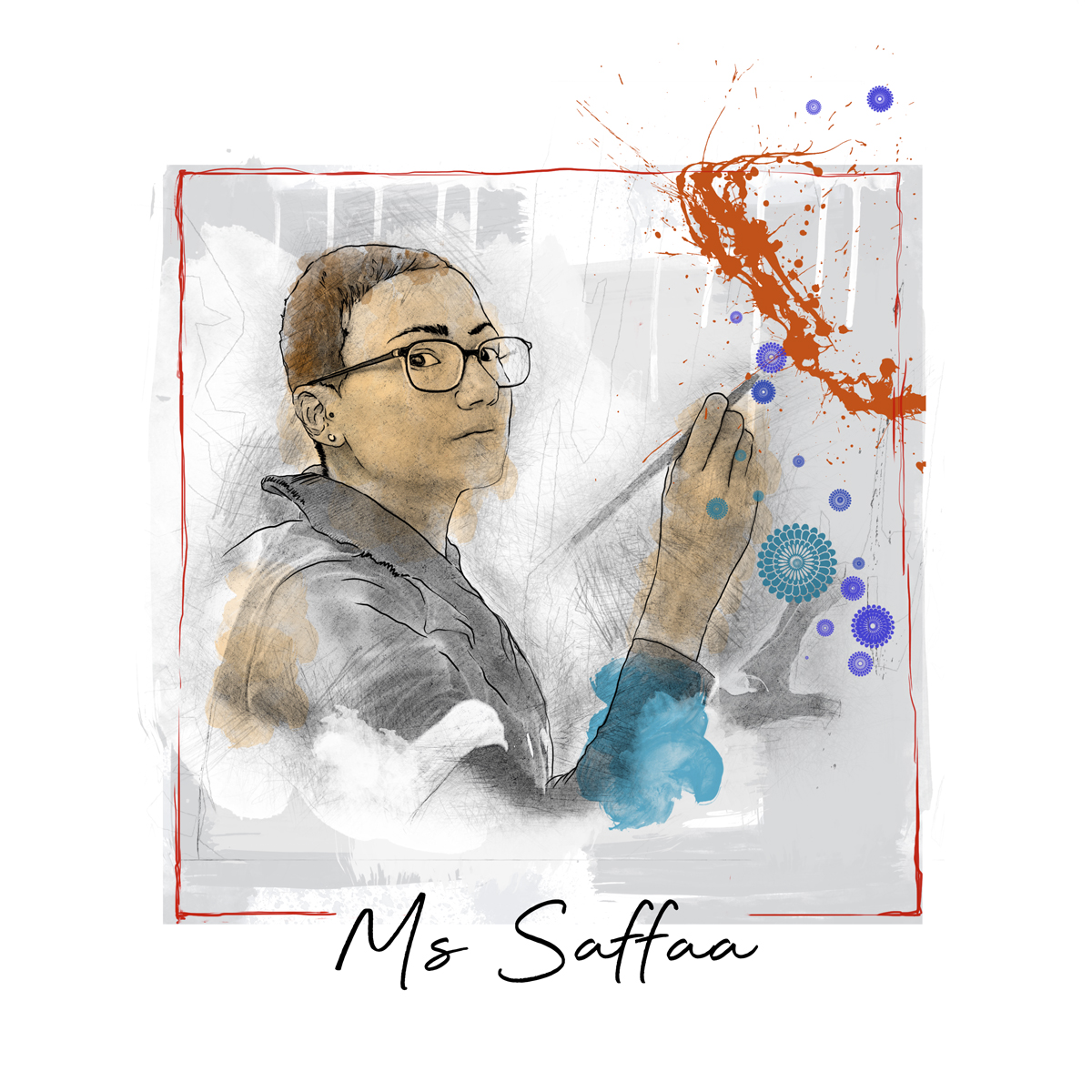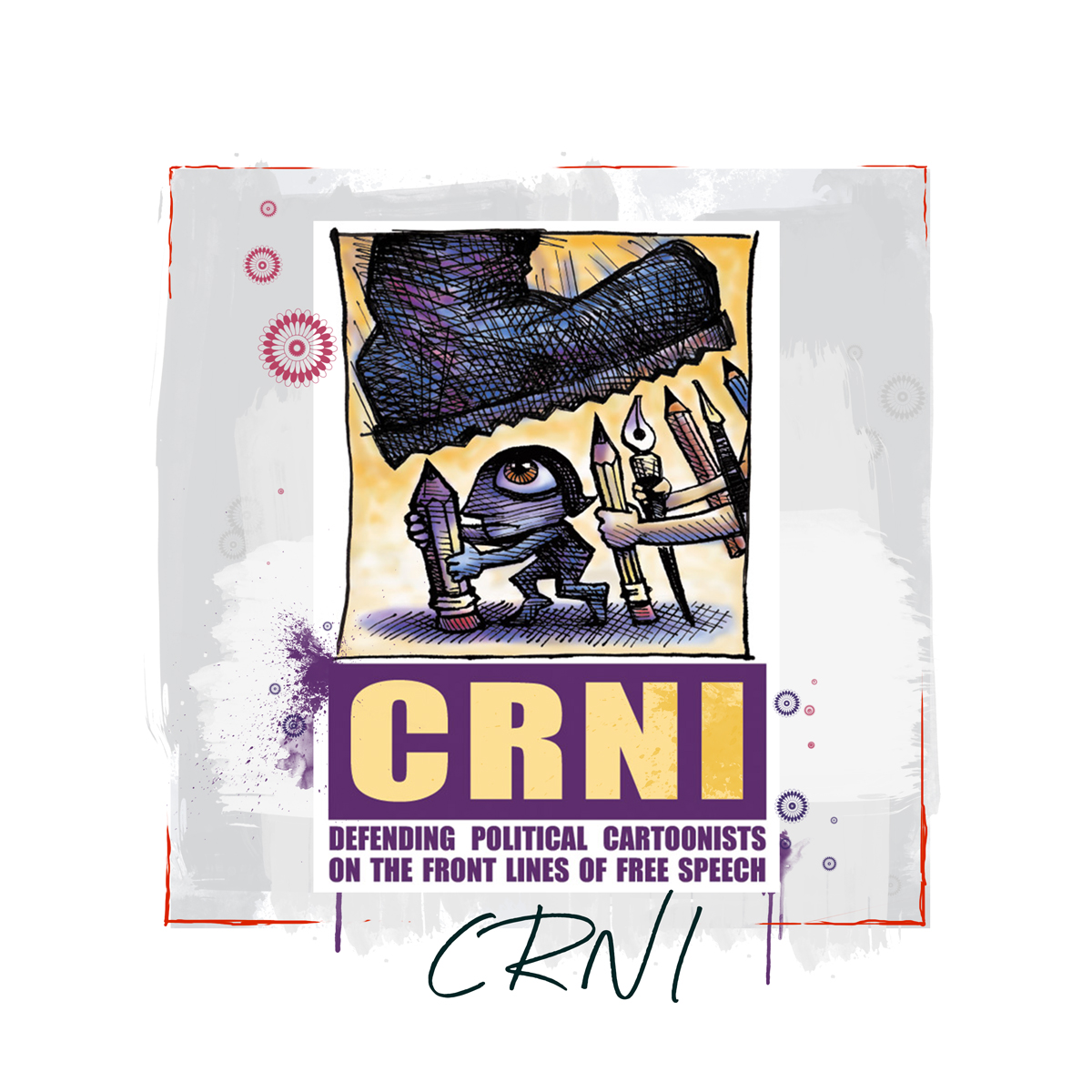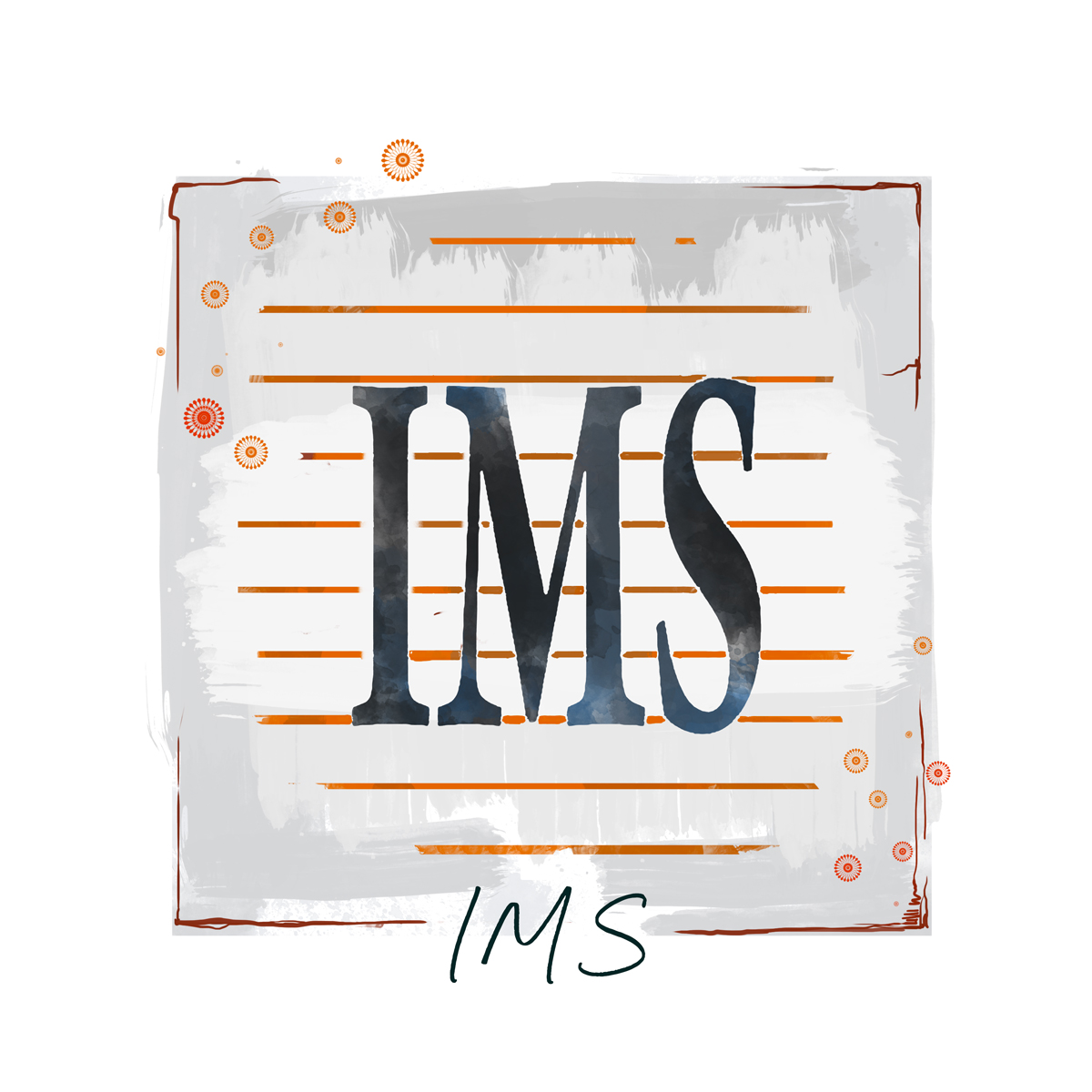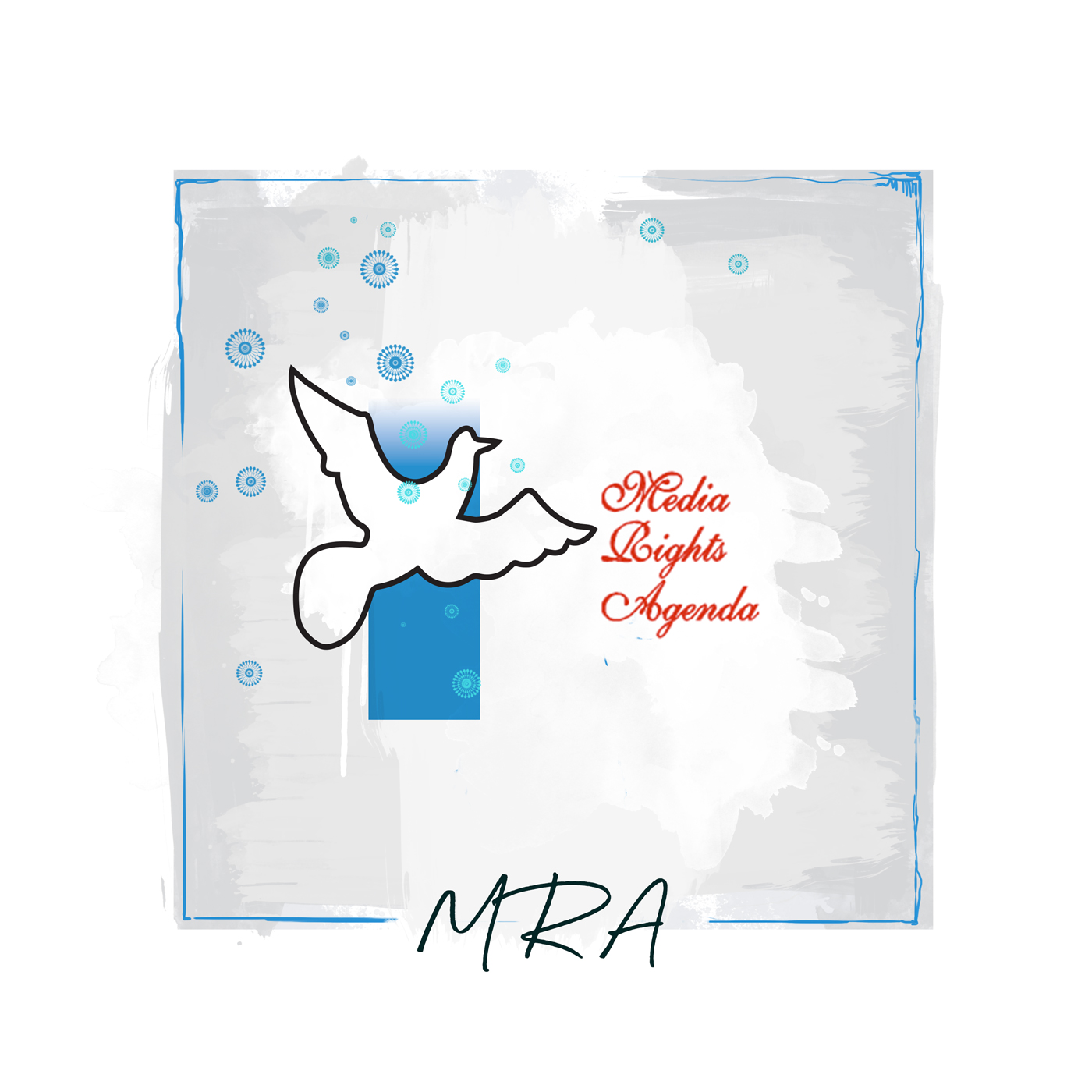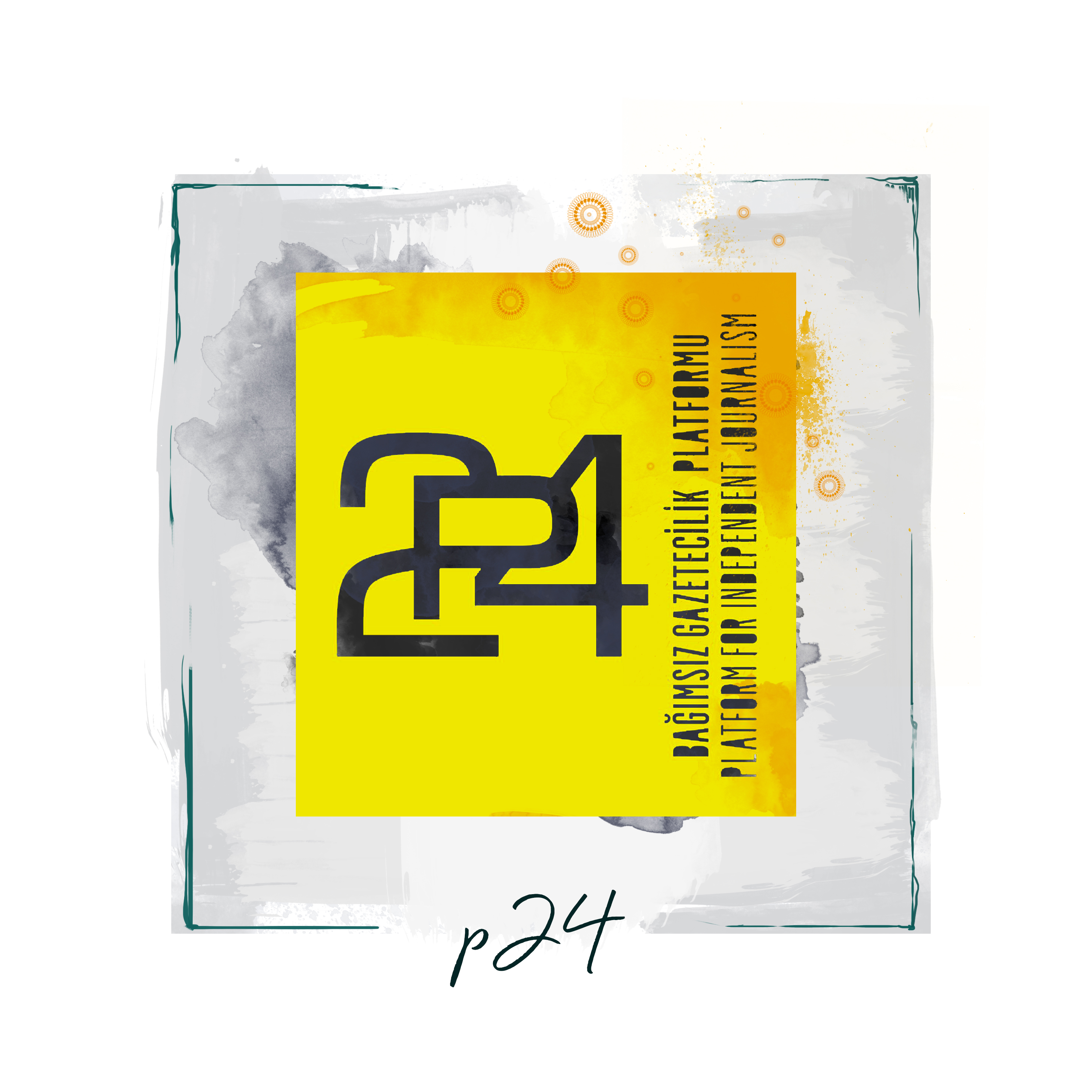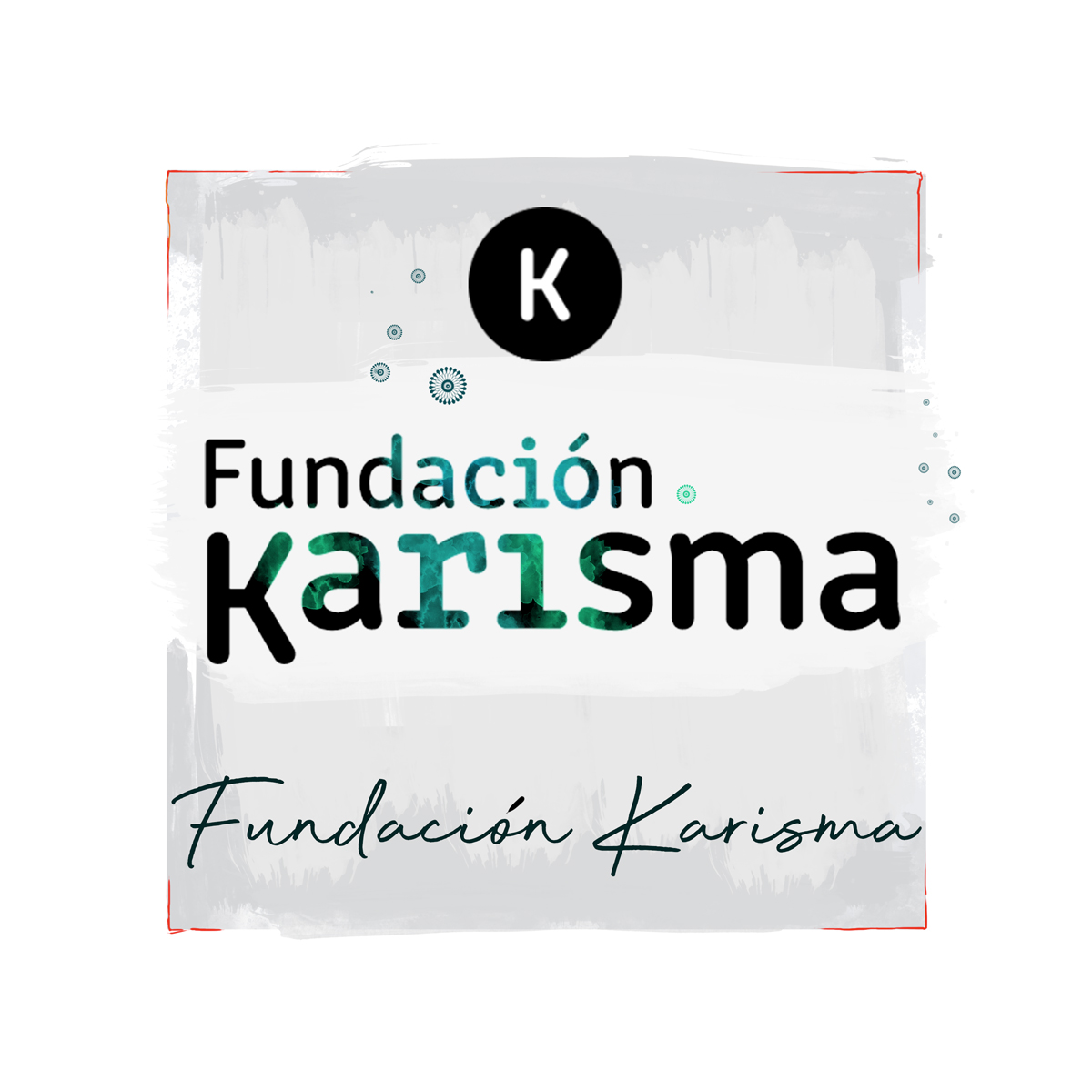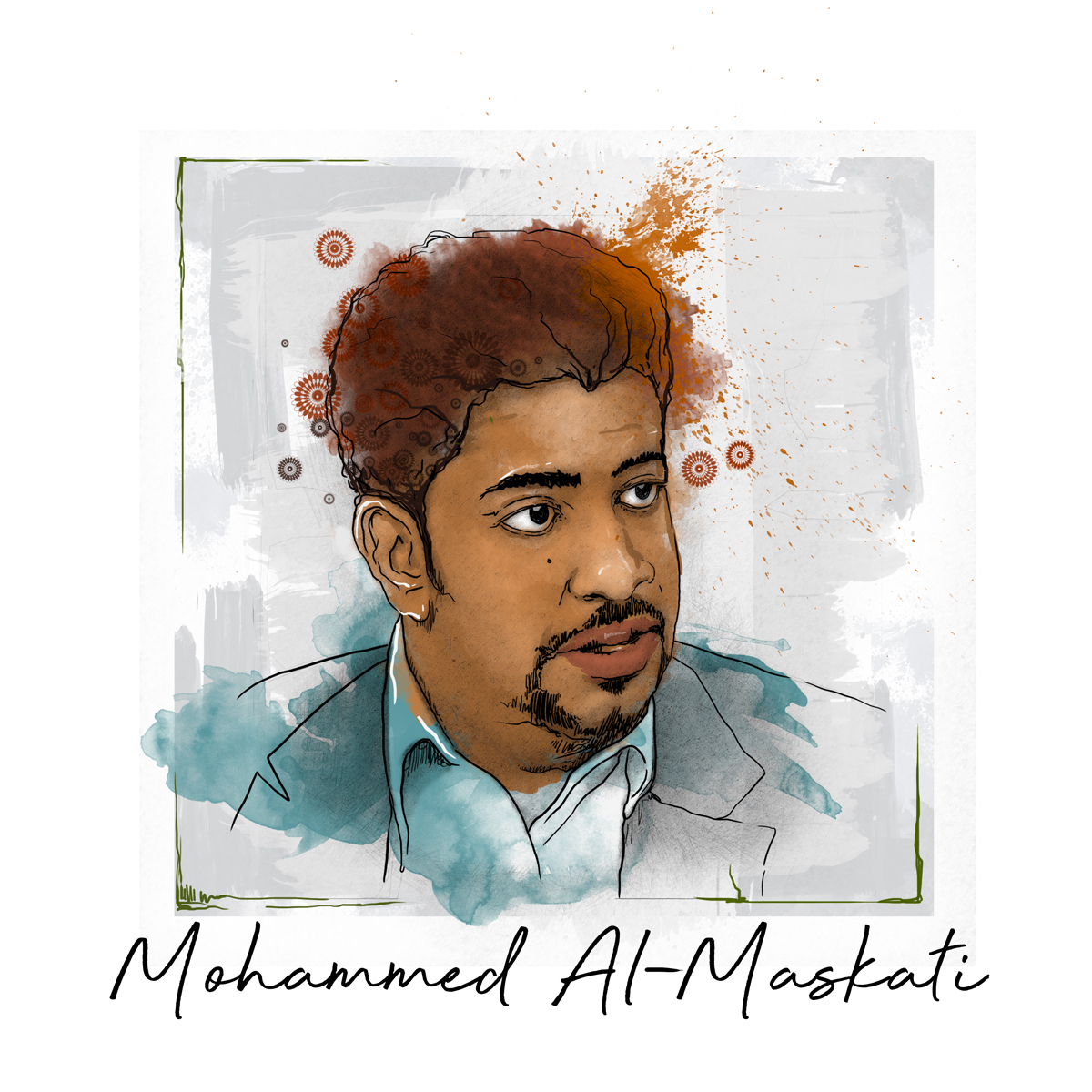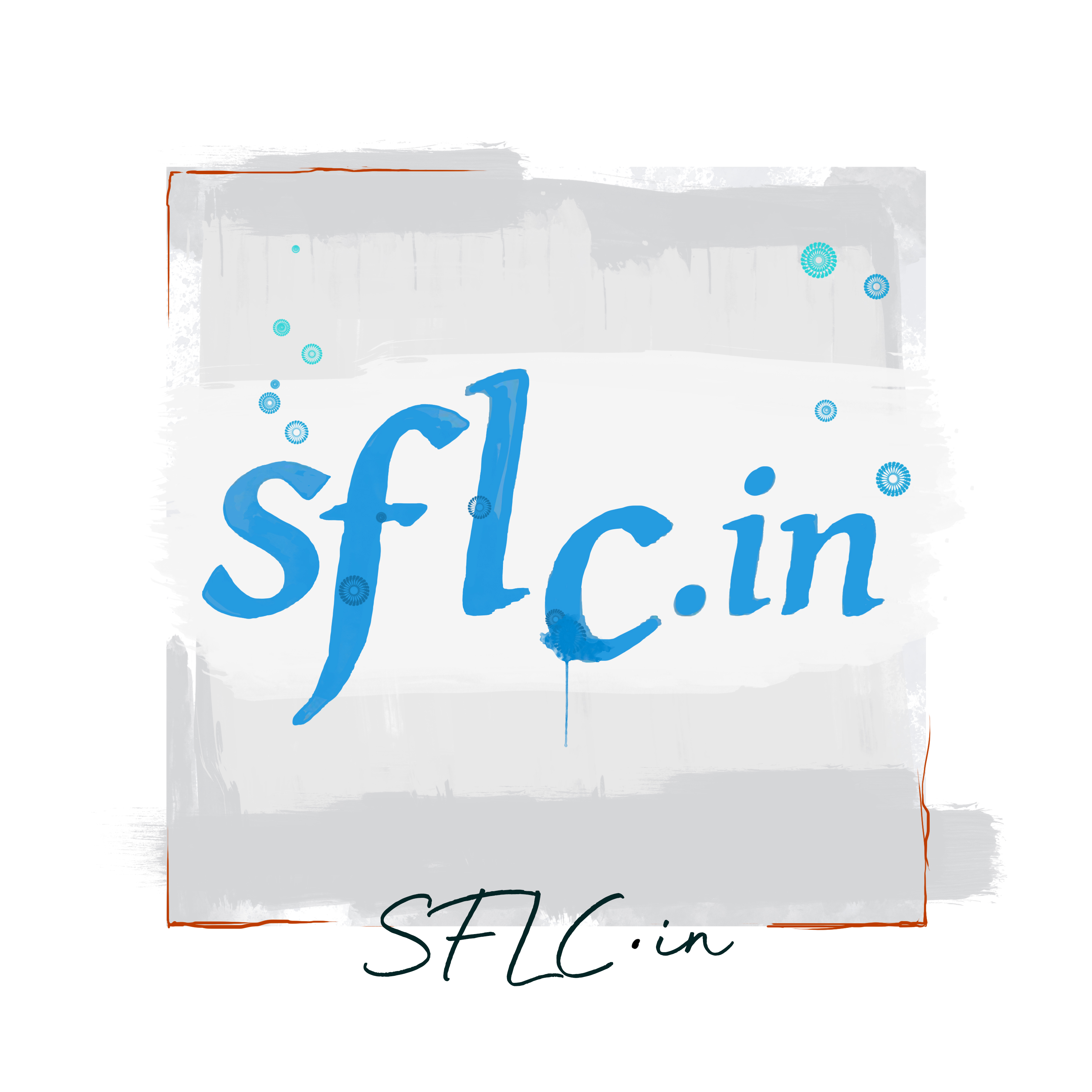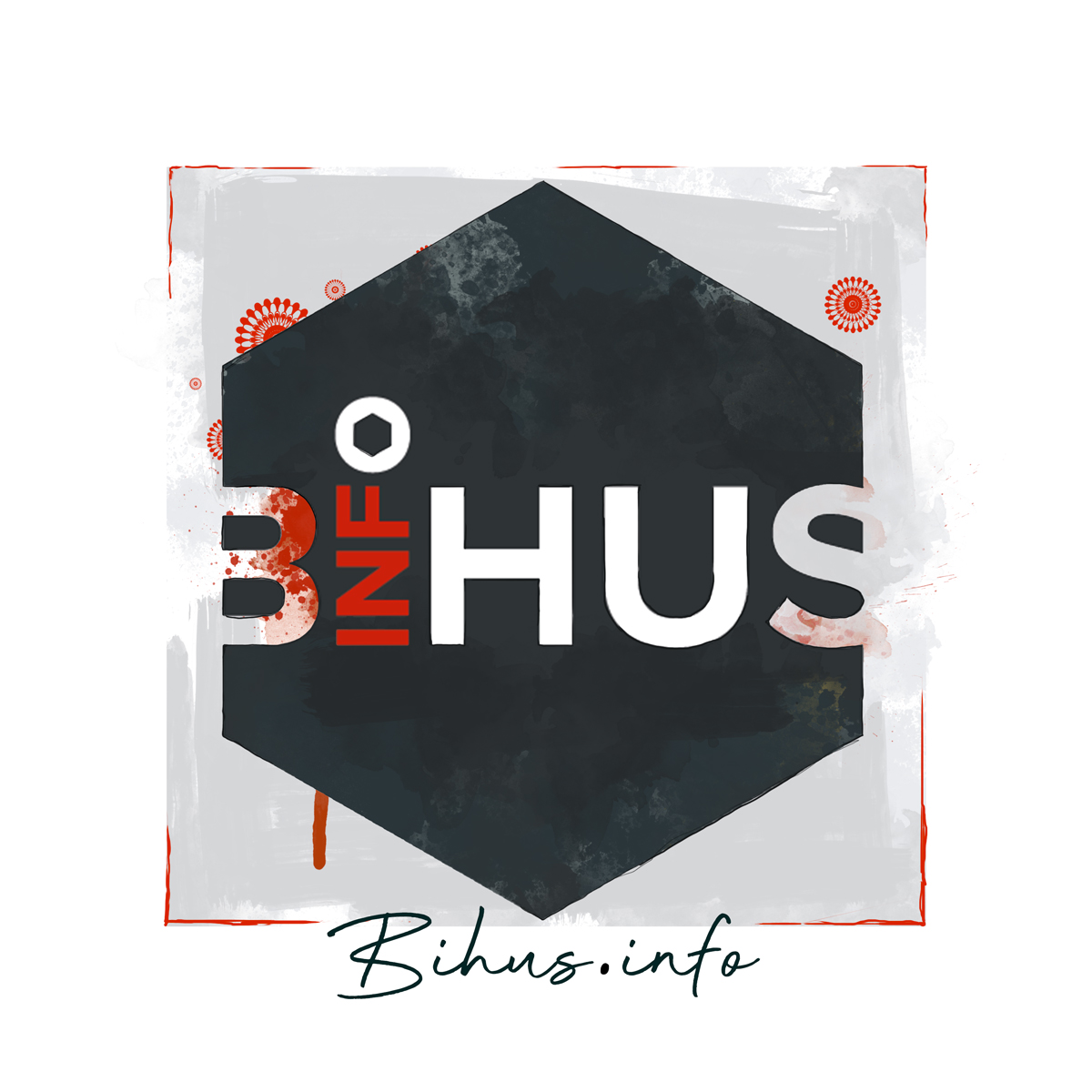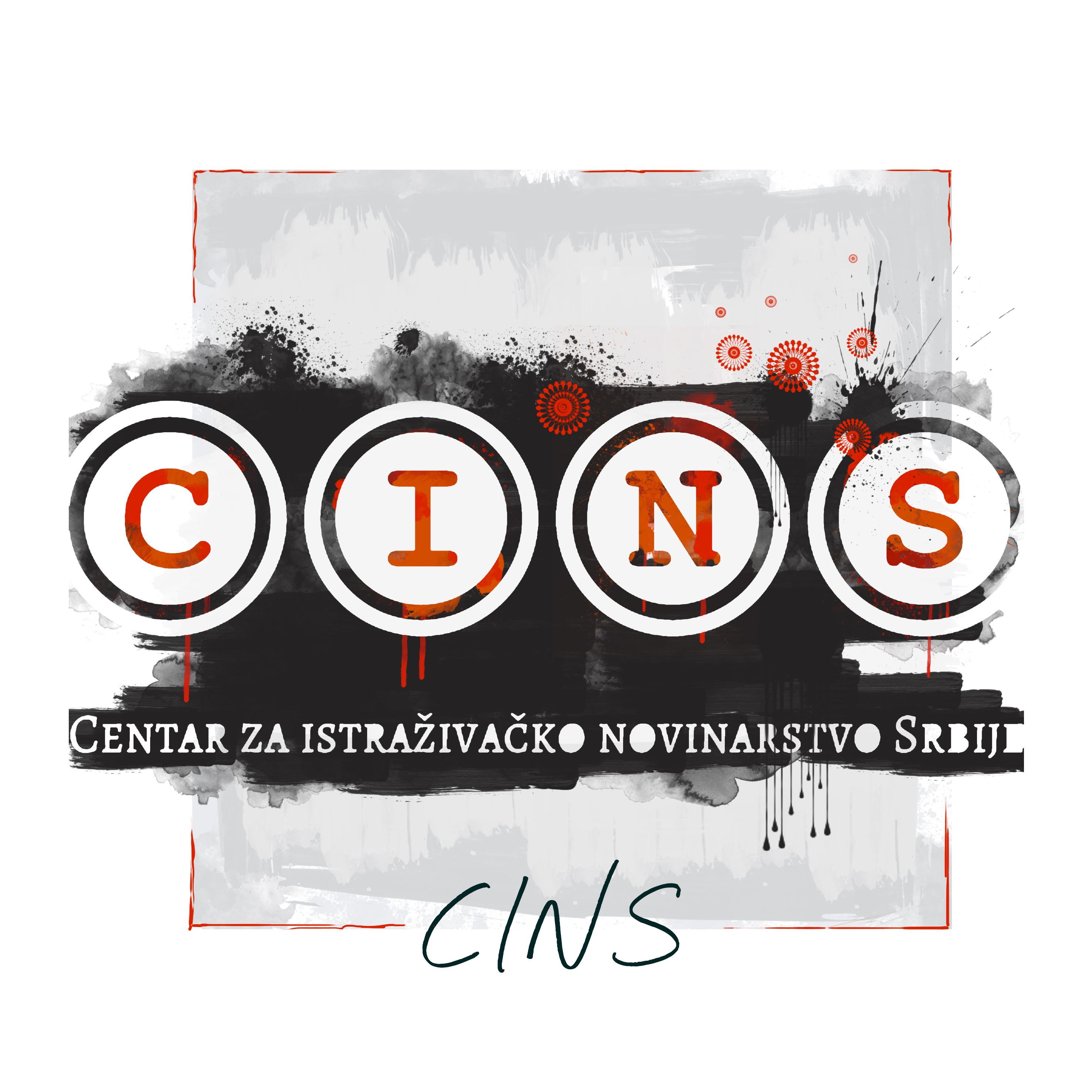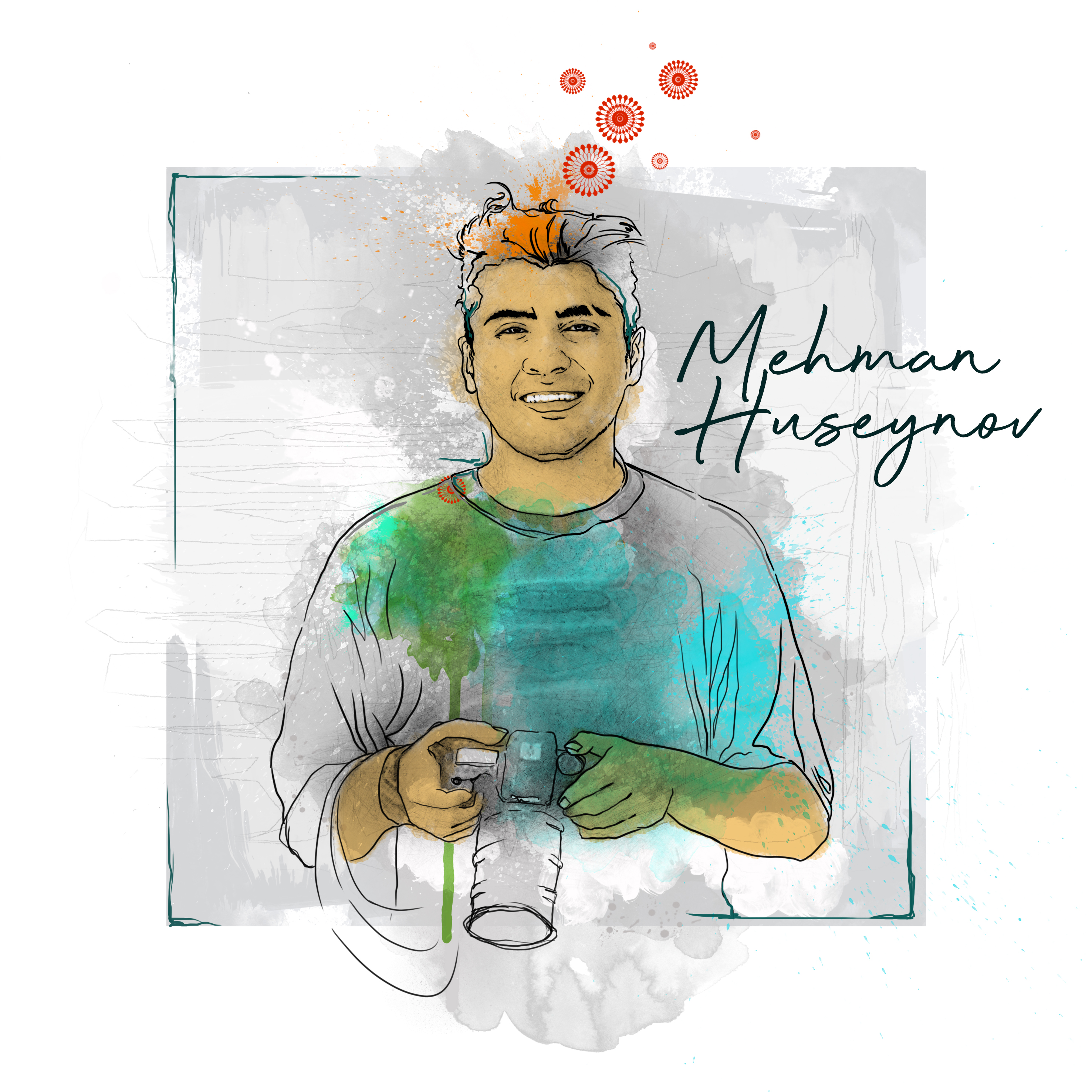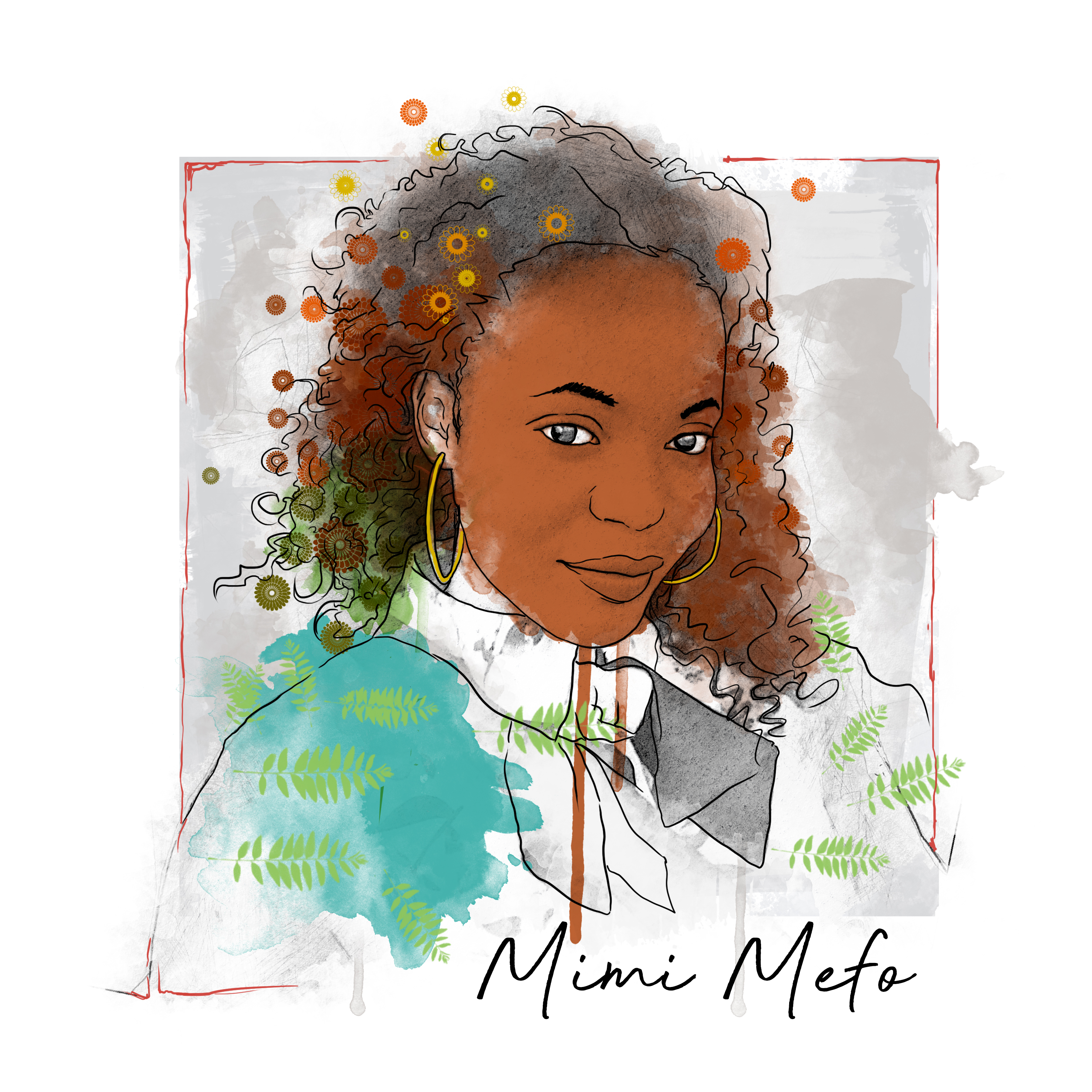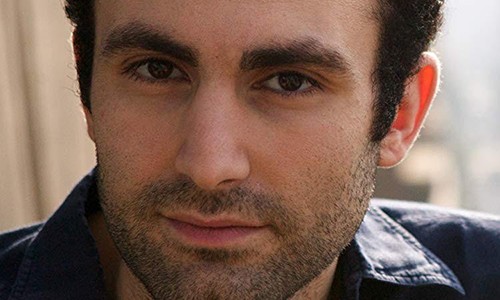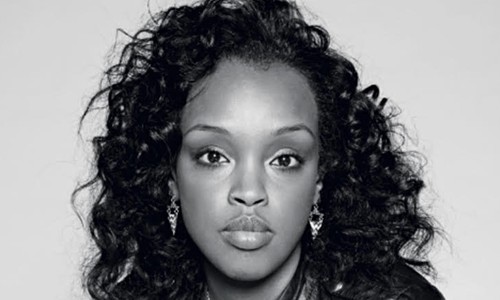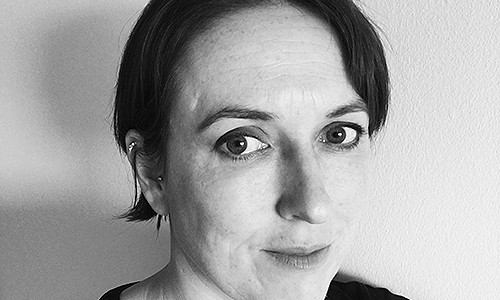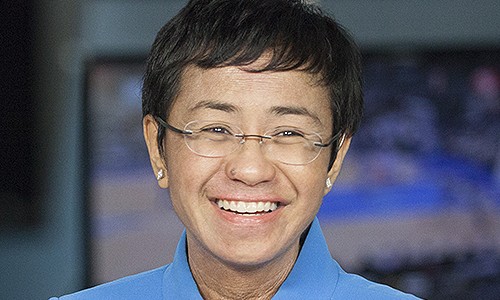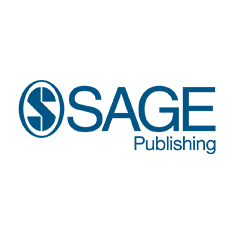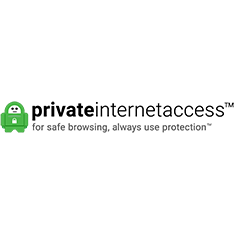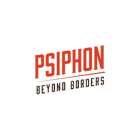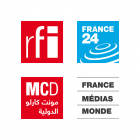Blending research-focused and performance-driven critique, the project addresses the implications of hyper-connectivity in intimate relations by looking at the mechanics of blockchain technologies applied to dating cultures.
Dr Alessandro Gandini – academic lead
Marija Bozinovska Jones – artistic lead
Technologically Fabricated Intimacy – dating apps, gamification and blockchain technologies is a collaboration between King’s College London’s Department of Digital Humanities and artist Marjia Bozinovska Jones, brokered and supported by the Cultural Institute at King’s in partnership with Somerset House Studios.
Technologically Fabricated Intimacy – dating apps, gamification and blockchain technologies addresses how dating apps influence the forming of technologically-mediated intimate relationships. The project will explore what decentralised organisational models bring into online dating cultures. As social relations are mostly reduced to gamified versions of romantic exchanges, a grammar of aesthetical evaluation is applied onto representations of the self and put into play with digital technologies. Investigating new modes of sociality, the project will involve the sensory beyond visual, through movement, haptics, the olfactory and the audible. Staged as a Live Action Role Play connected via digital wallets, a group of gamers will delve into exploration of the issue of trust as a formalised concept, echoing the value system of the fintech industry.
Project team
Dr Alessandro Gandini – academic lead
Dr Alessandro Gandini is a sociologist and a senior researcher working in the Department of Social and Political Sciences at the University of Milan. Prior to that, he was a lecturer in the Department of Digital Humanities at King’s. His research focuses on the transformations of work and social relations in the digital society. He is the author of The Reputation Economy (Palgrave, 2016), a co-author of Qualitative Research in Digital Environments (with A. Caliandro, Routledge, 2017) and a co-editor of Unboxing The Sharing Economy, part of The Sociological Review Monograph Series (with I. Pais and D. Arcidiacono, Sage, 2018). His research has been published on journals such as Human Relations, Convergence, Marketing Theory and Ephemera. His current research work includes the study of the ‘gig economy’ and the social implications of the blockchain technology.
Marija Bozinovska Jones – artistic lead
Marija Bozinovska Jones explores links between social, computational and neural architectures. Her work revolves around formation of identity in an era of technocapitalist amplification and perpetual online presence; she probes the self as a datafied and distributed identity through MBJ Wetware manifesting as a virtual voice assistant. Unpacking cryptic ways of forging subjectivity, MBJ contemplates intelligence within artificial, auto-regulation and coping mechanisms: from trends in self improvement to decentralized technologies.
Marija’s recent activities activities include Transmediale in Berlin DE (upcoming), Sonic Acts Academy in Amsterdam NL, Furtherfield/ Serpentine Marathon in London UK, screening at D’EST online and Moscow Museum Of Modern Art in Moscow RU and panel presentations for Moneylab: Tokenizing Culture with the Blockchain and Self Optimization/ Hyper Functional Ultra Healthy at Somerset House in London UK.
Marija graduated MA in Computational Arts at Goldsmiths and is a current studio resident artist at Somerset House Studios in London.

